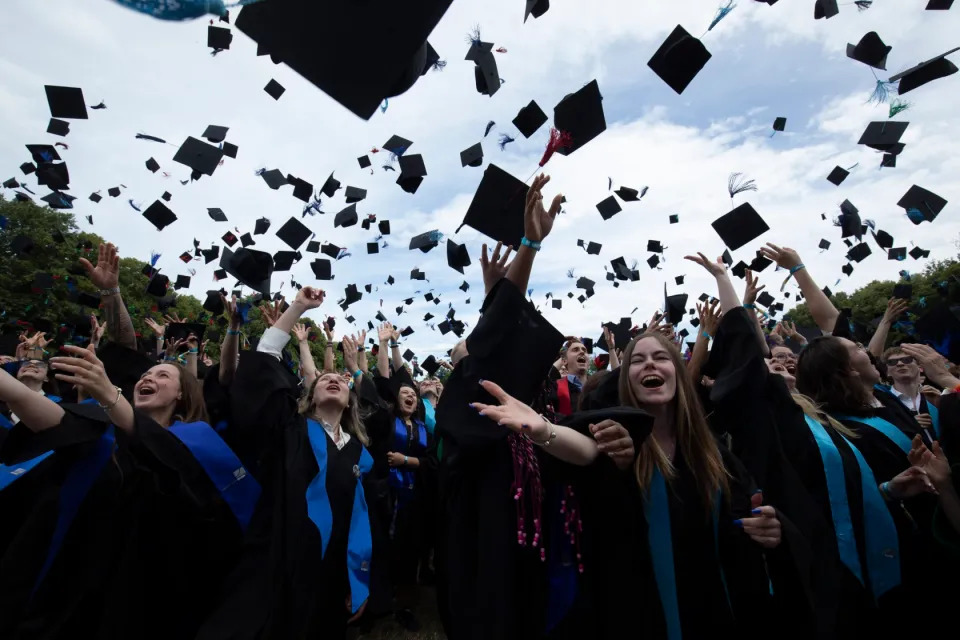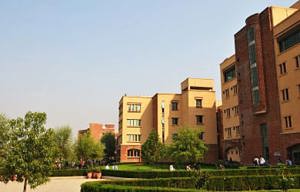
Sindh Government Bans University Fee Increases Without Official Approval
In a significant move aimed at easing the financial burden on students, the Sindh government has announced that all public universities across the province must now obtain official approval before implementing any fee hikes. The decision, confirmed by Sindh Minister for Universities and Boards, Muhammad Ismail Rahu, is intended to safeguard students amid the growing cost of higher education in Pakistan.
Speaking at a press conference in Karachi, Minister Rahu stated that universities in Sindh will no longer be allowed to unilaterally increase tuition or any other academic fees without prior authorization from the provincial government. This measure is part of a broader initiative to make higher education more accessible and affordable for students from all socioeconomic backgrounds.
“The Sindh government is committed to ensuring that no student is deprived of education due to rising fees,” said Rahu. “Any increase in university fees will now be subject to strict scrutiny and official permission.”
Declining Federal Grants Create Budget Shortfall
One of the main reasons behind this intervention is the ongoing reduction in federal funding for public universities across Pakistan. According to Minister Rahu, financial support from the federal government has been steadily decreasing over recent years, placing public universities in Sindh under considerable economic pressure.
To compensate for the shortfall, the Sindh government has been issuing supplementary grants to maintain academic operations. However, the continued rise in operational costs, including salaries, utilities, and infrastructure maintenance, has compelled some institutions to raise tuition fees independently — a practice the new policy now aims to control.
Government Steps In to Protect Students
The education minister emphasized that the government’s intervention is focused on protecting students and their families from unplanned and often unaffordable fee hikes. The initiative aligns with the broader vision of Pakistan Peoples Party (PPP) Chairman Bilawal Bhutto Zardari, who has prioritized education, healthcare, and public welfare services in Sindh.
“Education is a fundamental right, not a privilege,” Rahu said. “We are taking steps to ensure that our students are not burdened further by unchecked financial demands from public institutions.”
He further explained that while the government understands the financial challenges faced by universities, student welfare cannot be compromised. Instead, universities are encouraged to find sustainable financial models that do not rely solely on raising fees.

University Autonomy vs. Government Oversight
While the decision has been widely welcomed by students and education activists, some academic circles have raised concerns over university autonomy. Public universities traditionally operate with a degree of independence, including control over their financial affairs. However, the Sindh government insists that this oversight is necessary in the current economic climate.
Education experts argue that the new policy could bring transparency and fairness to the fee structure system. Moreover, by involving the government in the approval process, stakeholders hope to foster a more balanced approach to managing institutional expenses and revenue generation.
Student Reaction and Public Support
Students across Sindh have largely welcomed the policy, praising the government for standing up for their rights. Many believe that without regulation, universities would continue increasing fees without considering the financial hardships faced by the average household.
Student unions and advocacy groups have also voiced support for the decision, demanding that similar regulations be introduced in other provinces. A representative of a student federation at Karachi University said, “This is a much-needed step. Education should be affordable, and this policy brings some relief to thousands of students.”
New Grading System Under Review for Secondary Education
In a related development, Minister Rahu also revealed that the Sindh government is reviewing a proposal to introduce a new grading system for students in grades 9 to 12. According to officials, education boards across the province have submitted their feedback, and the proposal is currently under technical review.
The minister did not disclose full details of the new grading framework but emphasized that it aims to improve academic standards, promote transparency in assessment, and align with international practices.
“Once the technical and logistical concerns are resolved, we aim to implement the new grading system across Sindh,” Rahu said.
Balancing Education Quality and Affordability
The Sindh government's decision to require approval for university fee increases is a bold step toward making higher education more equitable and accessible. As the cost of living continues to rise and federal grants decline, provincial support becomes critical in sustaining public education.
This latest move is expected to not only relieve students financially but also bring accountability and consistency to the tuition fee structure of public universities. By prioritizing affordability while exploring sustainable funding options, the Sindh government is setting a precedent for other provinces to follow in the national education reform journey.















